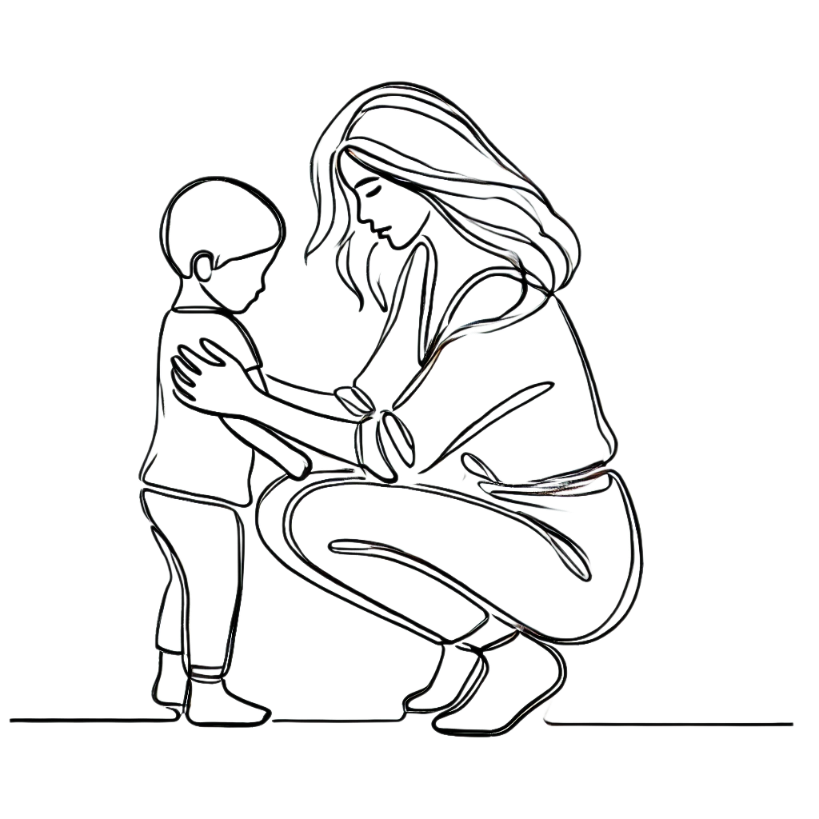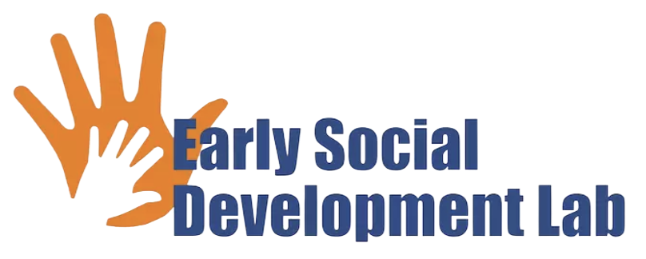
Development of Gratitude Project

Project Description
This cross-cultural study examines the socialization and development of gratitude in children in the US and in India. This project is funded by the John Templeton Foundation.
Project Goals
Using multiple methods (interviews, experiments) with children, and surveys with parents, the project seeks to answer three Big Questions:
How do adults in distinct cultures think about, experience, express, and respond to gratitude?
Which aspects of these cognitions, emotions, and responses are culturally more similar? Which are more distinct?
How do parents socialize these aspects of gratitude in their children?
What do they emphasize as being important or relevant? What do they de-emphasize? How do these aspects change as their children develop?
How does gratitude develop, and what social functions does it serve among children in distinct cultures?
How do children think about and express gratitude? Does gratitude motivate direct reciprocity (paying back a favor) and upstream reciprocity (paying it forward) across cultures? Do children across cultures value displays of gratitude and if so, which aspects of gratitude displays do they value?
01
Charlottesville Personnel
The University of Virginia
- Principal Investigator: Dr. Amrisha Vaish ([email protected])
- Post-Doctoral Researcher: Dr. Qiao Chai ([email protected])
- Project Manager: Camile Bernard ([email protected])
02
Bengaluru Personnel
Christ University
- Principal Investigator: Dr. Aneesh Kumar ([email protected])
- Post-Doctoral Researcher: Dr. Parvathy Viswanath
- Research Assistant: Rohit Jaiswal ([email protected])
Our Published Work on Gratitude
- Beeler-Duden, S., & Vaish, A. (2024). Feeling good and feeling thankful: The role of positive emotions in sustaining early prosocial behavior. In M. D. Matthews and R. M. Lerner (Eds.), The Routledge International Handbook of Multidisciplinary Perspectives on Character Development, Vol. 1 (pp. 587-610). Routledge.
- Vaish, A., & Savell, S. (2022). Young children value recipients who display gratitude. Developmental Psychology, 58(4), 680-692. https://doi.org/10.1037/dev0001308
- Vaish, A., & Hepach, R. (2020). The development of prosocial emotions. Emotion Review, 12, 259-273. https://doi.org/10.1177/1754073919885014
- *Beeler-Duden, S., *Yucel, M., & Vaish, A. (2020). The role of affect in feelings of obligation. Behavioral and Brain Sciences, 43, e56: 1-58. https://doi.org/10.1017/S0140525X19001742 *Equal contribution
- Beeler-Duden, S., & Vaish, A. (2020). Paying it forward: The development and underlying mechanisms of upstream reciprocity. Journal of Experimental Child Psychology, 192, 104785. https://doi.org/10.1016/j.jecp.2019.104785
- Vaish, A., Hepach, R., & Tomasello, M. (2018). The specificity of reciprocity: Young children reciprocate more generously to those who intentionally benefit them. Journal of Experimental Child Psychology, 167, 336-353. https://doi.org/10.1016/j.jecp.2017.11.005
Additional Resources
Events
The Love Consortium’s 2024 TLC Love Conference was held from May 15-17 in Chapel Hill, North Carolina. Click here for more information.
